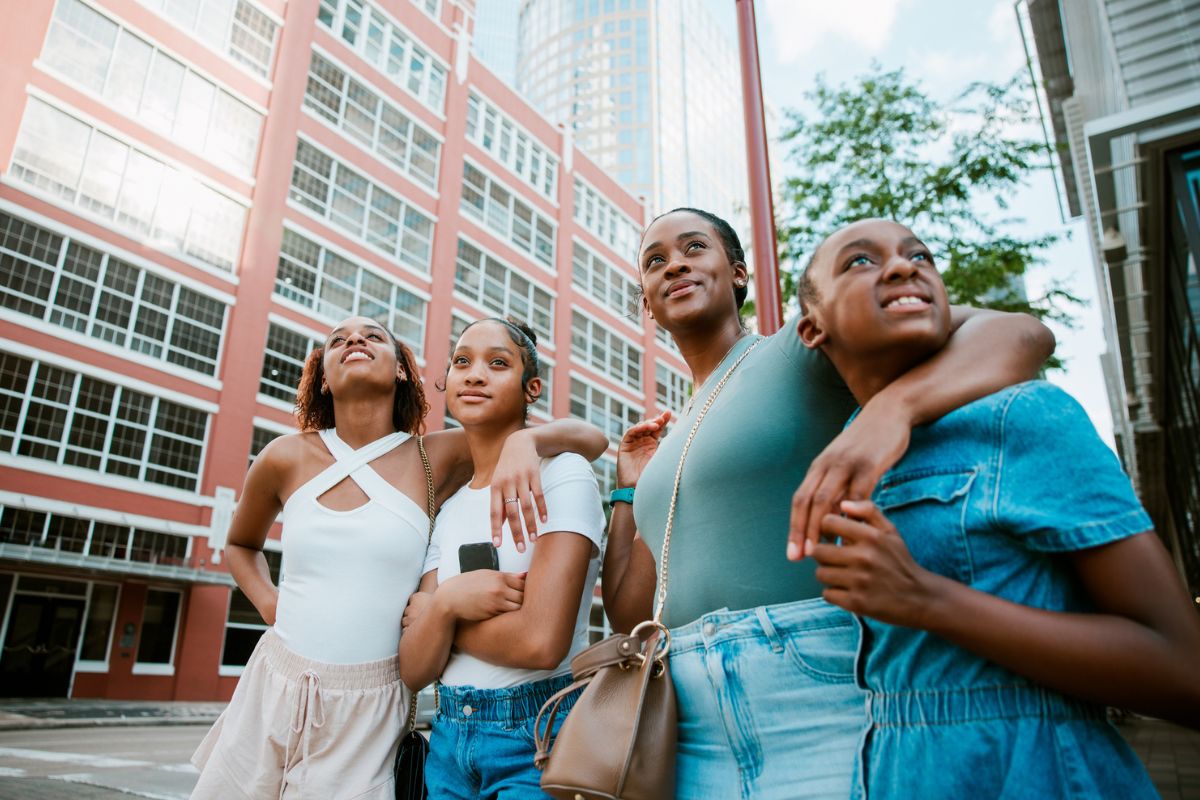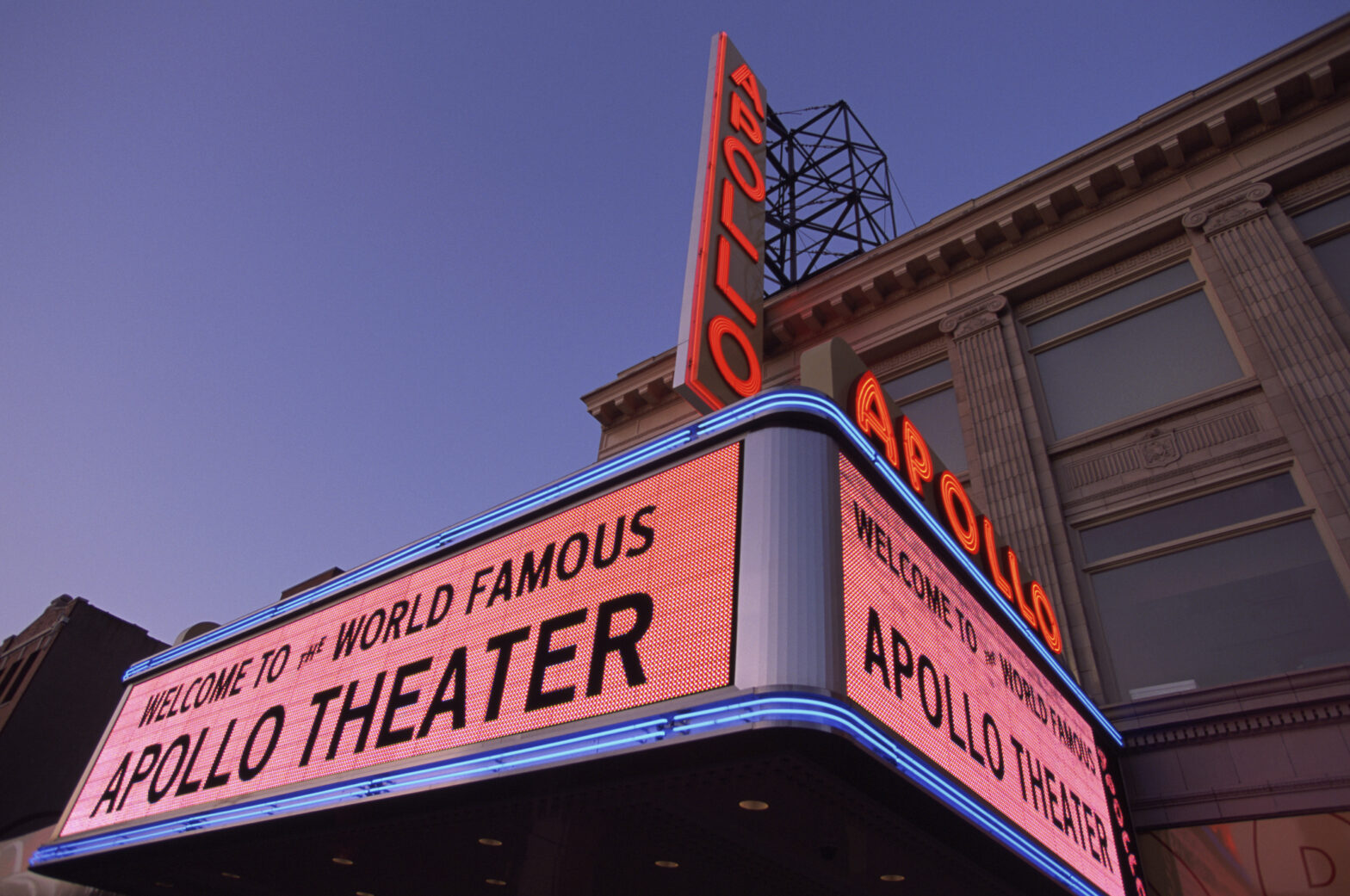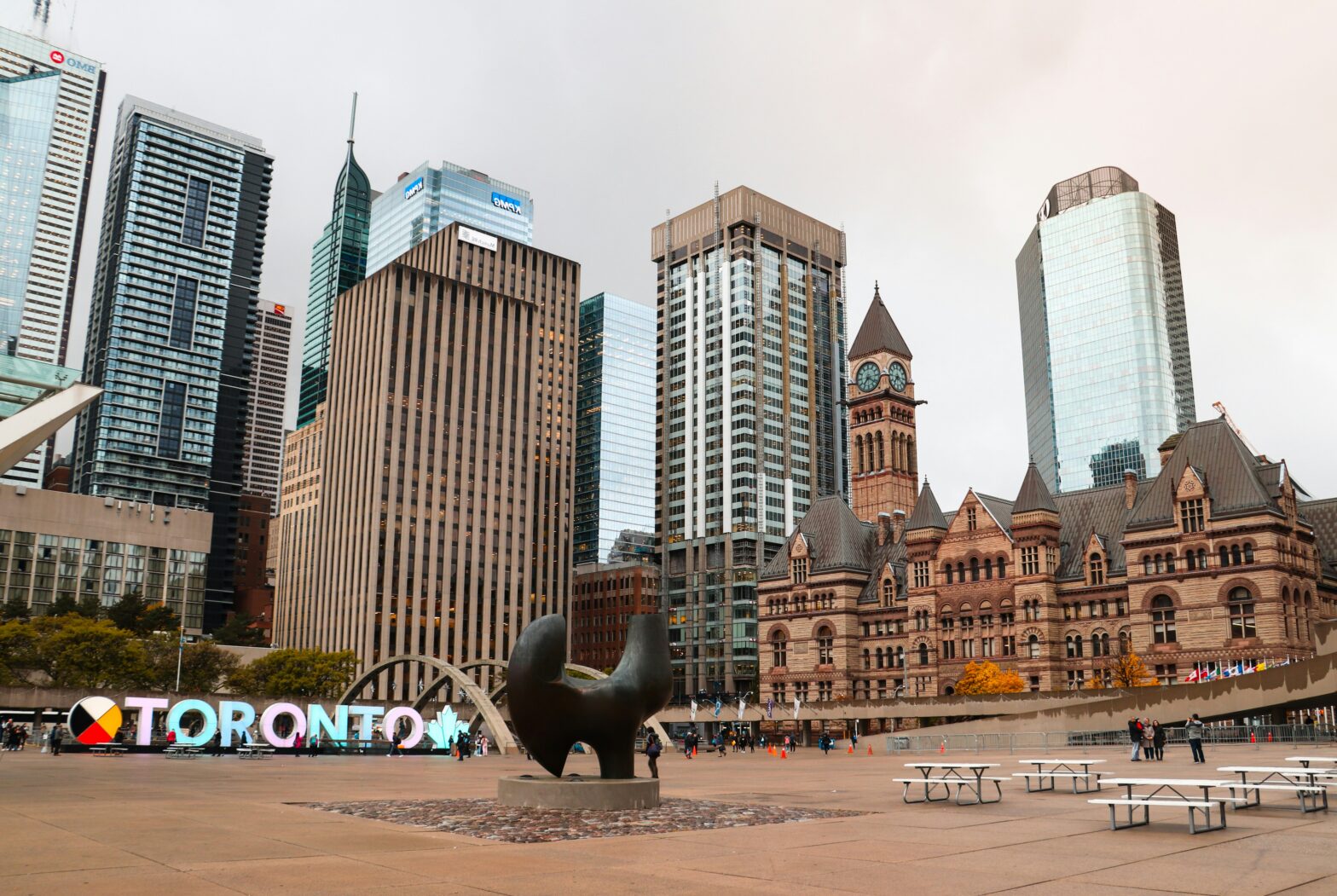Houston is proud of its African American history, which is good news for everyone planning to attend AfroTech 2024. African American stories are told through Houston’s Black landmarks, which you can find as you explore the Bayou City. Hosting AfroTech in this Southern city – an event honoring the modern accomplishments of Black Americans – is, of course, fitting.
Innovators, entrepreneurs, and tech enthusiasts will gather for four days of networking, learning, and inspiration at the AfroTech Conference from November 13-16, 2024. To be part of this event and secure your tickets, visit the official AfroTech Conference website. And, as you prepare to explore while attending AfroTech, here’s a guide to Houston‘s most significant Black landmarks.
Freedmen’s Town
The tour begins in Freedmen’s Town, a historic district just southwest of downtown Houston. Following the emancipation of enslaved people in Texas in 1865, many formerly enslaved people migrated to the area, establishing a thriving community. Today, Freedmen’s Town is a National Historic District. It allows glimpses into the past through its preserved architecture and cultural sites.
While strolling through the brick-paved streets, visit the Antioch Missionary Baptist Church, founded in 1866 by nine formerly enslaved individuals. The first African American Baptist church in Houston remains a symbol of the resilience and faith of its founding Black community. Don’t miss Bethel Park, a unique green space created from the remnants of Bethel Missionary Baptist Church, founded by the renowned Reverend Jack Yates. The park serves as a peaceful reminder of the area’s rich history and the importance of community gathering spaces.
The African American Library At The Gregory School
Our next stop takes us to the African American Library at the Gregory School. Housed in Houston’s first public school for African Americans, this library boasts Black history and culture. The Gregory School, now a State Archeological Landmark, offers visitors a chance to explore the African American experience in Houston and beyond.
The library’s rare books, archival materials, and artifacts will provide invaluable insights into the African American journey. Take advantage of the guided tours to fully appreciate the significance of this cultural gem.
Eldorado Ballroom
The Eldorado Ballroom, once known as the “Home of Happy Feet,” is a must-visit landmark on this tour. Built in 1939, this venue was the brainchild of Black American businesswoman Anna Dupree, who envisioned a community entertainment space for Black Houstonians.
The Eldorado Ballroom hosted legendary performers like B.B. King, Ella Fitzgerald, and James Brown during its heyday. It also served as a launching pad for local talents such as Johnny “Guitar” Watson. While no longer an active music venue, the Eldorado Ballroom has been preserved by Project Row Houses and symbolizes Houston’s musical heritage.
Emancipation Park
Emancipation Park in the historic Third Ward holds a special place in the hearts of Houston’s African American community. The 10-acre park was purchased in 1872 by a group of formerly enslaved people to host Juneteenth celebrations. Today, Emancipation Park stands as a beautifully renovated space designed by the acclaimed African American architect Phil Freelon.
Freelon is known for his work on the Smithsonian’s National Museum of African American History and Culture. Explore the park’s cultural and recreation centers, walking trails, and green spaces while reflecting on its profound historical significance.
Buffalo Soldiers National Museum
The Buffalo Soldiers National Museum preserves and shares the stories of African Americans in the military. This museum allows visitors a comprehensive look at Black military history, from the Revolutionary War to modern times. Through engaging exhibits, educational programs, and special events, you can learn about the Buffalo Soldiers – the first Black professional soldiers in a peacetime army – and the broader contributions of African Americans to the nation’s defense. Don’t miss their rotating exhibitions, which offer fresh perspectives on various aspects of military history.
Houston Museum Of African American Culture
For a more contemporary exploration of Black culture, the Houston Museum of African American Culture (HMAAC) is an essential stop. This dynamic institution showcases the evolution of African American customs and culture through art exhibitions, lectures, films, and community forums.
HMAAC’s diverse programming makes sure there’s always something new to discover, be it in visual arts, performing arts, or engaging discussions on current issues affecting the Black community.
1870 Yates House At Sam Houston Park
An important stop to make is the 1870 Yates House, located in Sam Houston Park. This historic home belonged to Reverend Jack Yates, a former enslaved person who became a prominent leader in Houston’s African American community. The house moved from its original location in Freedmen’s Town and now signifies the achievements of early Black Houstonians.
Visitors can explore this beautifully preserved two-story home, which showcases the lifestyle of a successful African American family in the late 19th century. The Yates House offers an opportunity to step back in time and experience the daily life, aspirations, and challenges faced by Black Houstonians during the Reconstruction era.
DeLuxe Theater
Our tour wouldn’t be complete without a visit to the DeLuxe Theater in Houston’s Fifth Ward. Originally opened as a “Blacks Only” movie theater during the era of segregation, the DeLuxe fell into disuse for decades after the passage of the Civil Rights Act.
Today, this historic venue has been beautifully restored and repurposed as a performing arts facility. DeLuxe Theater now serves as a community space. It offers theater productions, art classes, and various cultural events – a true phoenix rising from the ashes of segregation.





